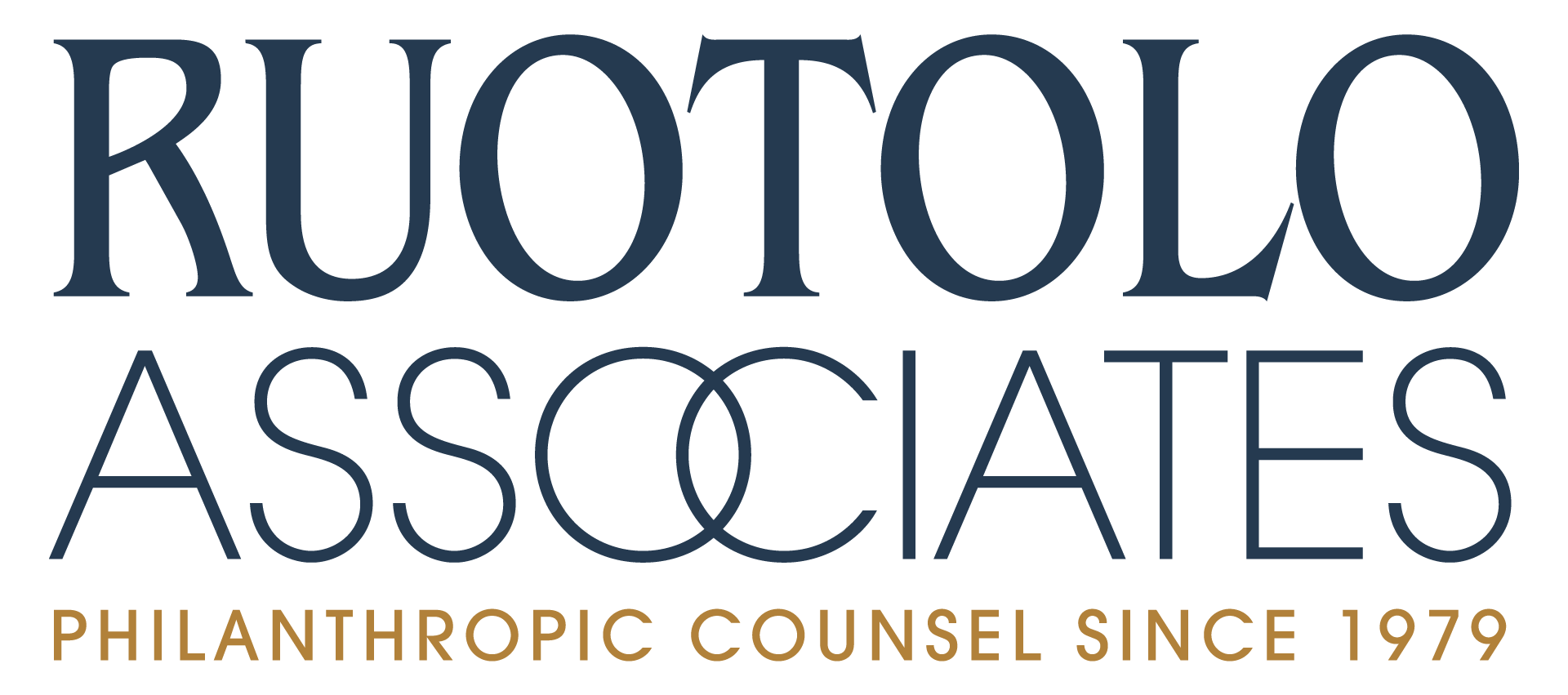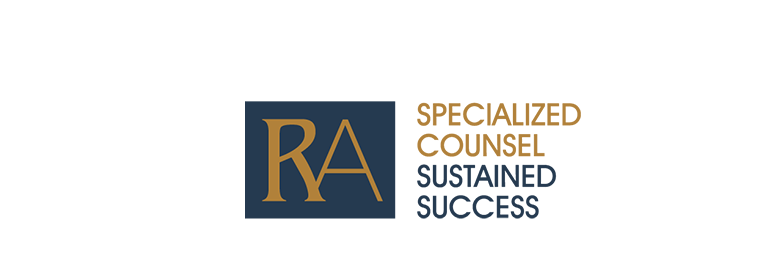by: George Ruotolo
In a recent feature on CBS news, Ted Koppel interviewed three impressive individuals on leadership in crisis: Four-star General Stanley McChrystal, former Commander of the Joint Special Operations Command (JSCOC); Dr. Peggy Wheeler, President and CEO of Allina Health, which owns 13 hospitals and more than 90 clinics in Minnesota and western Wisconsin; and Fr. Joseph M. McShane JS, President of Fordham University.
Given their different backgrounds and areas of expertise, education, and day to day work requirements, I was struck by the similarity in their answers and their application to our world of philanthropy. Without divulging who said what, I’d like to share some of the more compelling opinions and observations offered.
Honesty and candor are clear and prevailing sentiments among the three. One leader cited:
“People WILL forgive you for not being the leader you should be. They will NOT forgive you for not being the leader you claim to be.”
When we genuinely care about the people we lead, we need to ensure that our direction aligns with the experts from whom we seek counsel. Lack of candor and honesty will cause people to lose faith in you. Fear is natural and not a sign of weakness. How you deal with fear will speak volumes about your ability to confront great challenges. Fear, in the face of this pandemic, is not a weakness but rather an ailment worth recognizing and treating. Seek to understand its root and recognize that inactivity is not a solution.
I have always believed that the measure of the person is on full display when the situation becomes most dire. Leadership is honed and tested in times of crisis.
All three interviewees agreed that this experience will create a new societal paradigm. Some thought that we are watching the new “greatest generation” emerge.
In this moment of uncertainty, there is an unquestionable need to:
- Not be in denial of what the true situation is, but rather get information from every vantage point you possibly can.
- Learn as much as you can from the people who are closest to the situation and possess the most knowledge about the challenge at hand.
- Collaborate as much as you can and communicate, communicate, communicate as openly as possible.
These experts noted that self-knowledge is essential. We need to set priorities and be wise enough to ask for advice and humble enough to accept it.
In the philanthropic arena, this begins with outreach and engagement with our constituents. Sharing the impact of the crisis on our institutions in a real way including its effect on us and our teams. Be present as much as you can even though you can’t be with your colleagues and constituents physically. As you use the various channels of communication available, be mindful that subtleties of nuance and tone can be difficult to convey. Clarity and consistency in communication build and strengthen trust.
People in leadership will sometimes cower in the face of adversity, believing that additional challenges or requests for action, while necessary, may not be perceived as the right course of action. Concerned that others won’t respond positively or that some will be upset, can cause leaders to hesitate. They choose inaction over the risk of appearing insensitive.
Consider the opportunity to speak to the greater good, lean into the mission of your institution and ask for their involvement and help.
Whoever thought that freedom-loving Americans would stay home willfully and close down our commercial society? We are all acting for the greater good of humankind.
Don’t prejudge the goodness and capacity of your constituents.
Lead, communicate, and inspire.
Give it to them straight.
Tell them what help you need.
Welcome their response.


